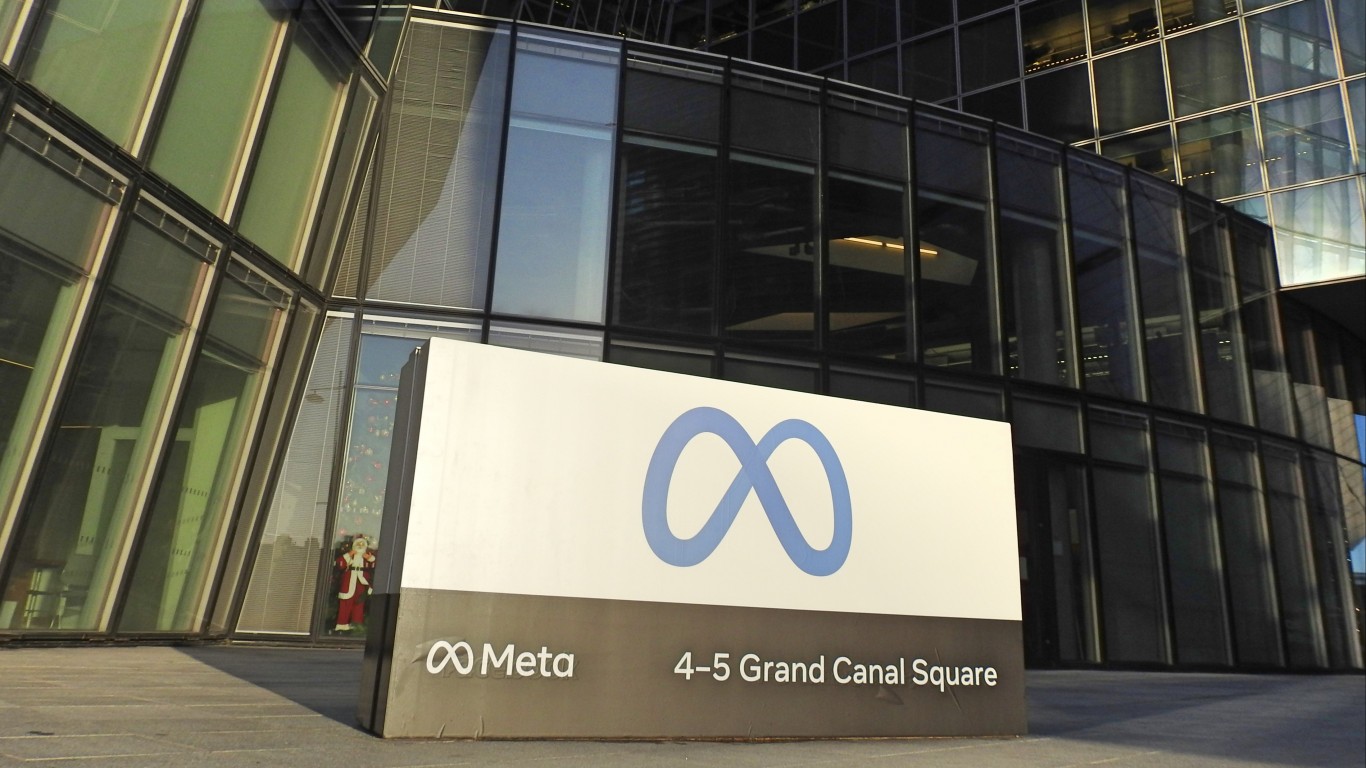 Bill Gross is co-CIO for arguably the most influential bond management firm in the U.S. PIMCO is the biggest ax in the bond market of the bond management firms, and Gross’ outlook for what lies ahead for America is leaning toward a stark one. He is looking for slow growth and more government involvement. He notes in his September outlook that things have changed from the past and will continue to change for maybe a decade or two. And his scenario of ‘the new normal’ is a boring one…. economies grow very slowly and profits are relatively static.
Bill Gross is co-CIO for arguably the most influential bond management firm in the U.S. PIMCO is the biggest ax in the bond market of the bond management firms, and Gross’ outlook for what lies ahead for America is leaning toward a stark one. He is looking for slow growth and more government involvement. He notes in his September outlook that things have changed from the past and will continue to change for maybe a decade or two. And his scenario of ‘the new normal’ is a boring one…. economies grow very slowly and profits are relatively static.
Mr. Gross notes how savings rates are negative and the future holds further deleveraging, but he also notes a de-globalization and re-regulation. While Gross does not believe that with 90 years left in this century that you can award it to the Chinese, he does note that early on it reminds him of the fight when Muhammad Ali stood yelling over Sonny Liston in 1964. Instead of the old 69% home ownership, Gross sees this sinking to 65%.
- And he certainly shows the attitude of many… “I could go on, reintroducing the negatives of an aging boomer society not just in the U.S., but worldwide. Increased health care may be GDP positive, but it’s only a plus from a “broken window” point of view. Far better to have a younger, healthier society than to spend trillions fixing up an aging, increasingly overweight and diabetic one. Same thing goes for energy. Far easier and more profitable to pump oil out of the Yates Field in Texas or even Prudhoe Bay than to spend trillions on a new “green” society. Our world, and the world’s world, is changing significantly, leading to slower growth accompanied by a redefined public/private partnership.”
There are several key takeaways here for investors that Gross now sees as the most likely outcomes…. He sees global policy rates remaining low for extended periods of time. The extent and duration of quantitative easing, term financing and fiscal stimulation efforts are keys to future investment returns across a multitude of asset categories, both domestically and globally. Investors should continue to anticipate and, if necessary, shake hands with government policies, utilizing leverage and/or guarantees to their benefit. Asia and Asian-connected economies, including Australia and Brazil, will dominate future global growth. Lastly, Gross notes that the US Dollar is vulnerable on a long-term basis.
Gross has noted how investors need to play conservatively and avoid critical mistakes. His whole piece here is riddled with golf analogies that may at least partly obscure just how deep some of these trends might be. Gross has stopped far short of Mark Mobius’ moving away and dropping the U.S. passport for travel, but this is one hell of a different view than that of Warren Buffett in sticking with that corny old line (and one that is likely a misrepresented view, depending) that “America’s greatest days lie ahead.”
It is easy to get caught up in the trends of the moment. China is rising. Look at our recent note about how its pace of gobbling up global energy supplies is actually rising rather than stagnating. But the modern world has a way of smoothing things out through time. Gross only uses the term “deficit” once in his entire piece, which is scary. Deficits are good to a point because they do smooth trends and do foster growth. But there is a price to pay, and however you define that end-game it now has the “multi-trillion” all over it.
For Gross’ full outlook, here it is…
JON C. OGG
SEPTEMBER 1, 2009
Thank you for reading! Have some feedback for us?
Contact the 24/7 Wall St. editorial team.



